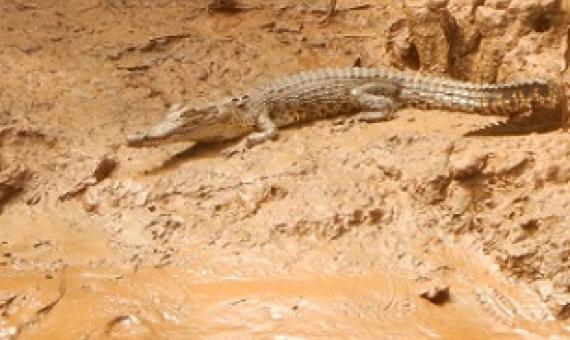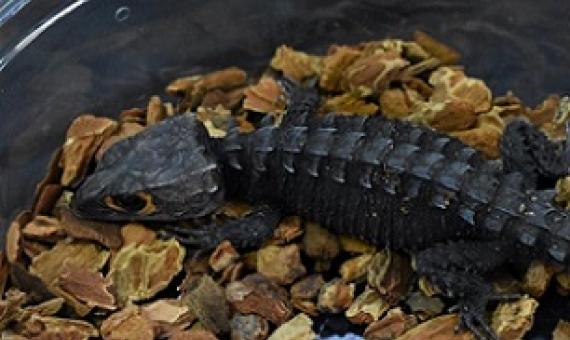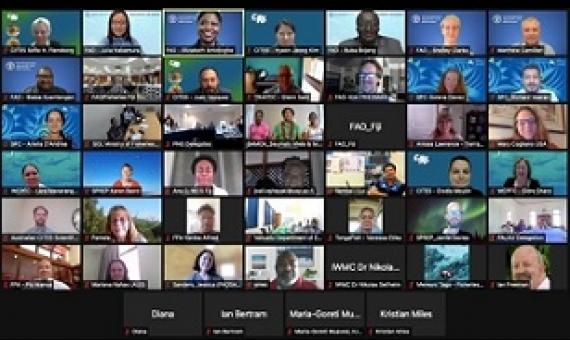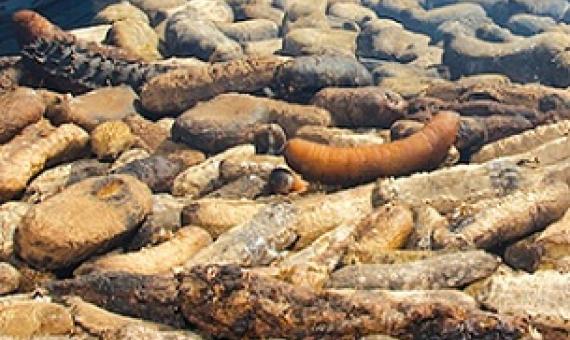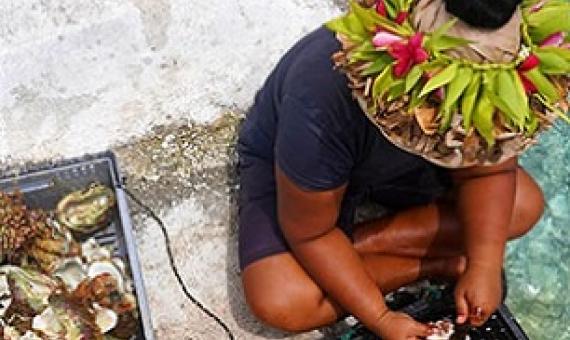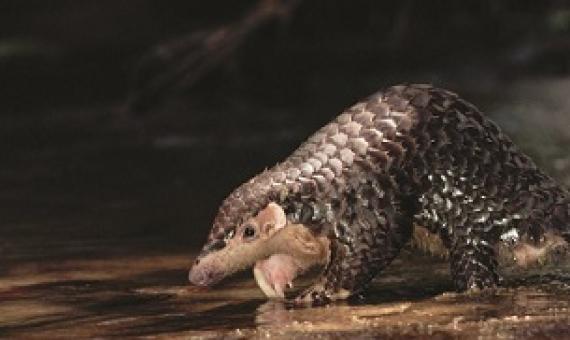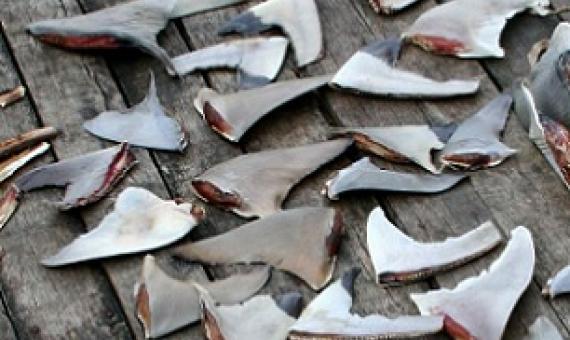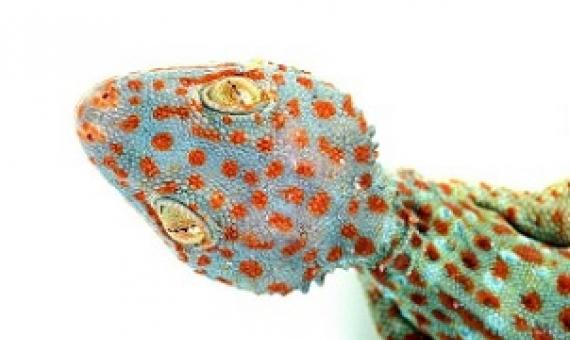Every year, hundreds of humans and thousands of animals die due to human-wildlife conflicts (HWC).
International trade in animals not regulated by multilateral agreements is putting them under increasing threat. More than three times the number of unregulated animal species are being imported into the United States compared to the number of regulated species.
The waters of the Pacific Islands countries (PICs) are home to numerous aquatic species that are listed in the CITES Appendices, and which support livelihoods and economic opportunities for communities in over a dozen Parties to the Convention.
The Ministry of Fisheries and Marine Resources (MFMR) has lifted the beche-der-mer ban, reopening the harvest period for a year, starting today.
The Cook Islands National Environmental Services have reminded the public once again of the restrictions surrounding the removal of pa’ua (giant clam meat and shells) from the reef and taking the shellfish out of the country.
Trafficking in wild animal and plant products is driving species to extinction, but some researchers think restrictions only spur demand and make things worse...There’s no disagreement among researchers that the wildlife trade is a major contributor to the loss of biodiversity worldwide.
Illegal trafficking and unsustainable trade in wildlife are causing unprecedented declines in some species. They can also potentially lead to the spread of zoonoses, such as SARS-CoV-2, which causes COVID-19.
A study published today in Nature Communications finds the scale of that online reptile trade is larger than previously thought, and that many reptile species are traded without protections from international regulations...To expand protection for
CITES and the Zoonotic Disease Content in International Wildlife Trade
International trade in wildlife is one contributing factor to zoonotic disease risk. Using descriptive statistics, this paper shows that in the last decades, the volume and pattern of internationally traded wildlife has changed considerably and, with it, the zoonotic patho‑ gens that are traded. In an econometric analysis, we give evidence that an international environmental trade agreement could be used to limit the spread of zoonotic pathogens and disease.
Conservationists in Hong Kong remain puzzled by the scale of record illegal shark fin shipments into the city this year, at a time when overall consumption is down.

